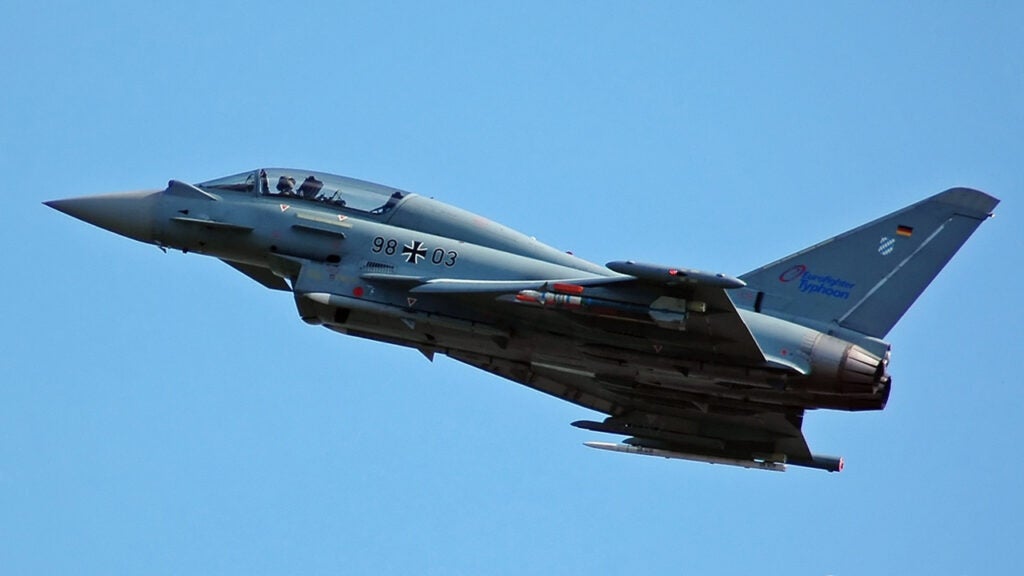How Might a Shift In European Politics Challenge Collective Security?
In recent months the political landscape of Europe has taken some unexpected turns towards more radical and nationalist movements. Parties such as AfD in Germany and the National Front in France have begun to gain traction with their respective electorates. It also seems that Donald Trump’s victory in the US Presidential Elections of 2024 may influence this process.
Where does Europe stand now?
European politics at the end of 2024 could be compared to a roller-coaster. In Romania, the presidential elections sparked international controversy as the country’s constitutional court canceled run-offs. According to local representatives, the campaign of far-right independent candidate, Calin Georgescu, was backed by a minimum of 20,000 social media accounts formed abroad. Georgescu, a staunch enemy of vaccines who believes that the COVID-19 pandemic was a “false flag”, campaigned on the promise of halting all aid for Ukraine as soon as he became the head of state. The far-right candidate was also critical of NATO, making points about ballistic missile defense installations and the newest NATO base being erected in Romania. This brings plenty of concerns regarding where Romania would stand on further alliance participation in case of a radical candidate victory. However, following the election investigations led to Georgescu facing criminal charges over foreign influence in the presidential elections in Romania. The move by authorities in Bucharest may lead to strengthening his anti-establishment image and provoke accusations of framing Georgescu by the current government to oust him from the presidential race. Romania’s elections have been rescheduled for the first half of May.
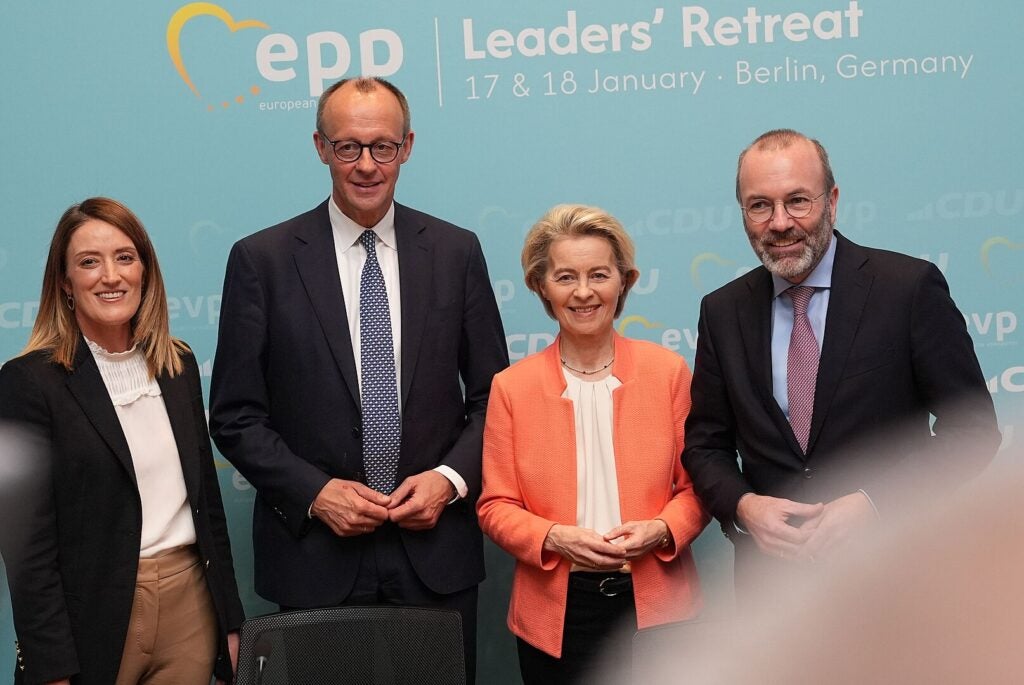
Germany’s “traffic lights” coalition spectacularly dissolved over an internal struggle between SPD politicians. Olaf Scholz and his hesitation over defense politics frustrated political allies and opponents alike. The ongoing discontent in German politics over military spending is likely to continue to be a difficult issue for Chancellor Olaf Scholz’ replacement following the SPD slip to third place in the election. Negotiations for the formation of a governing coalition led by Friedrich Merz continue with the new government expected to take power in early May. However, the most concerning prospect is the possibility of the German alt-right AfD gaining power in the Bundestag. The AfD presents itself as a strong anti-immigration and Eurosceptic party that has been vocal against minorities living in Germany, including those minorities coming from other EU states. The party showcases hard rhetoric which bodes for potential diplomatic conflict with Germany’s neighbours. As the recent results of parliamentary elections in Germany were concluded, the AfD became the second largest with 152 seats in the Bundestag. Gaining 20% of the vote may enable the AfD to further positions themselves as a viable alternative to the CDU and SPD, and empowering them to push for the radicalization of the center parties by pushing a populist narrative, seemingly attractive to the electorate.
France is yet another uncertain piece in the collective security puzzle. Despite the entrenchment of France’s liberals in the parliament, the alt-right and far-left groups, tend to gain occasional support from the public. The French National Front/National Rally movement led by Marine Le Pen who has expressed pro-Kremlin leanings. Despite the temporary halting of FN by Macron and his big-tent coalition leading the government, the next elections may be critical for resolving the potential alienation of France from European affairs.
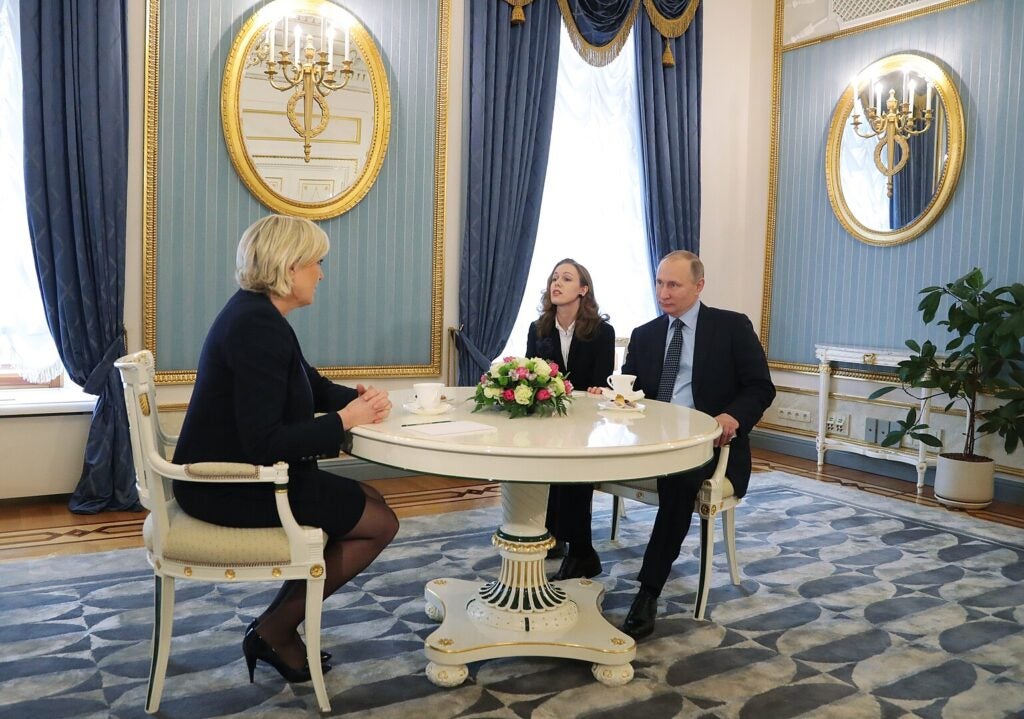
One must not forget about the openly pro-Russian governments of Slovakia and Hungary which seem to challenge their citizens with a policy of “open dialogue” between them and Russia. Actions of Prime Minister Orban within this scope since 2022,mostly torpedoed European efforts to aid support for the Ukrainian struggle against unprovoked Russian aggression with a series of weapons transit bans and vetos against financial aid projects of the EU. On the other hand, the Slovak government is dominated by the populist left-wing party of SMER-SD led by the unorthodox Robert Fico. Fico has been relentlessly working on improving relations with Putin, breaking out from the European consensus on Russian aggression. In recent weeks Slovak politicians visited Moscow to meet with their counterparts and discuss issues of an economic nature.
There are many more challenges of local nature including the general war weariness in Europe and resentment towards Ukrainians in the countries of Central Europe such as Poland and Czechia. Those resentments are successfully maintained by Russia-led hate campaigns and disinformation operations in social media. Made-up stories of military equipment being sold by corrupted politicians, organized crime ruling in Ukraine, or Ukrainians partying rather than dying in trenches “as they should” abound on platforms such as Facebook, X, and TikTok gaining considerable traction. What is more concerning, some politicians are caught up with such disinformation. One such example is the current debate in the Polish parliament to take away social pay for Ukrainian children with non-working parents in Poland from the so-called 800+ program. The social project was approved almost ten years ago to boost the financial situation of families with children below 18 years old by granting a social bonus of 800 zlotys per child paid each month. However, the idea of cutting Ukrainians off said program became popular within both the ruling party and opposition in Poland, and the social pressure to introduce the bill is breaking the ceiling.
In general, the political stance of Europe can be described as stable until a major shift occurs. A shift that could potentially turn the tables very quickly.
Threats On the Horizon
In its current form European politics faces plenty of threats and dangers. The most imminent one is the trend of German alt-right gaining power in parliamentary elections. Germany is Europe’s industrial powerhouse with many EU states relying on exports and cooperation with Berlin. There are however, concerns about the possible actions of the AfD against the common interest of the EU as the party leans towards “euroscepticism”. On the other hand, the political inability to increase German defensive efforts concerning military spending is the true obstacle to improving safety on the continent. German economic abilities and assets would play a key role in bolstering common defensive potential.
The unresolved political situation in Romania is also spilling over, with thousands protesting the annulment of the 2024 presidential elections. While Georgescu has been barred from standing in the 2025 re-run, alt-right campaigning has not vanished from the scene. The election may see the Alliance for the Union of Romanians party’s George Simion gain traction, building on his winning of the 13.86% of the vote during the first round of the 2024 presidential election. In the past Simion has campaigned along nationalist lines and has spoken out against aiding Ukraine The question remains whether the re-run will see an unpredictable candidate come to power.
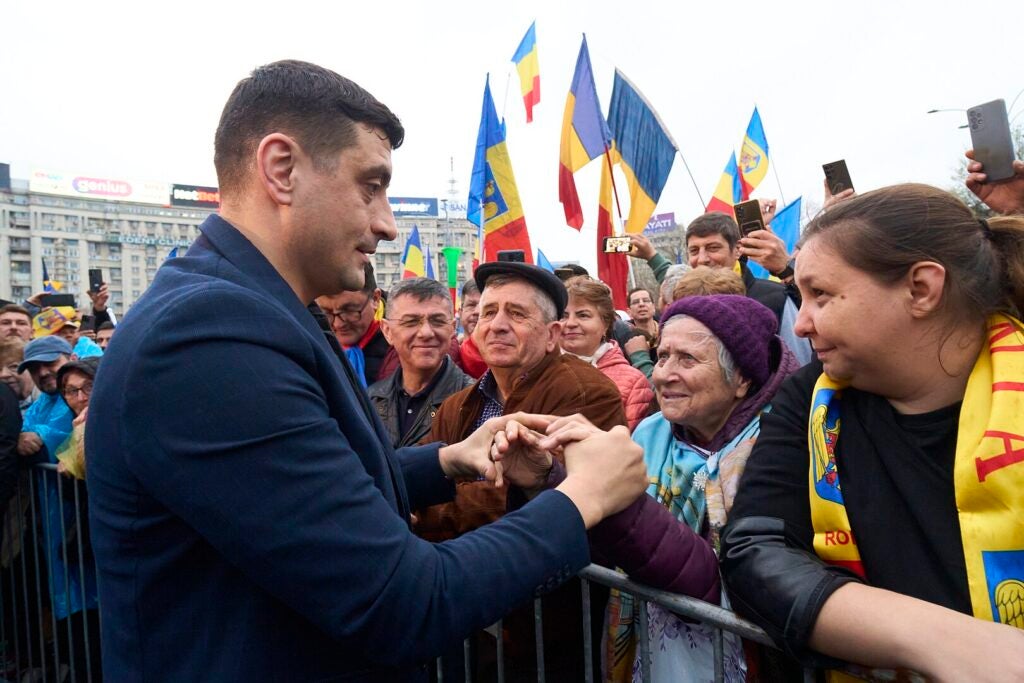
Elsewhere the pending parliamentary election in Czechia is scheduled for October. 2025 The right-wing and populist ANO party, led by Andrej Babis – who claimed that Czechia should not fulfill its NATO guarantees towards neighbors, may end the coalition government led by relatively easygoing Petr Fiala of the Democratic Civic Party. In current prognostics, ANO holds the stunning approval of over 40% of voters and may possibly be granted enough power to rule without forming a coalition government.
The continually unpredictable actions of the new administration in Washington. Recent developments in the US position on the War in Ukraine and engagement with NATO are seriously influencing the populist parties which are leaning towards Donald Trump seeking his trans-Atlantic support. In such cases, more issues may arise from the fact that local radical parties pushing with more effort for social recognition and seeking popular support by promising to appease social discontent on common issues.
Countermeasures Not In Place
In recent years European unity has strongly been challenged by radical governments, eurosceptics, and the tribulations rising from the ongoing full-scale conflict in the EU’s backyard. However, since 2022, time has been effectively wasted instead of seeking to find solutions and address issues.
Now, European states are forced to face a new potential prospect: possible denial of US aid in case the Ukrainian War spills over. A change in the White House brought rapid change in security thinking in Europe. The US officials claim that Washington is more concerned about threats in the Pacific and that Europe should be able to stand for itself. Yet, there is no collective security plan for such occasions as European NATO members strongly rely on the US military presence. Missions such as Operation Atlantic Resolve and even the rotational presence of US brigades on the Eastern Flank provide an additional layer of security for Poland and Romania. This may change quickly creating a power vacuum, in the presence of this uncertainty Europe and the Eastern Flank countries have begun a new arms race to provide for themselves.
As it stands the only real military security guarantee that can be provided from within Europe is by the government in Paris. France holds a significant nuclear arsenal but it has also a large standing army and a good industrial base to aid Europe in the event of an open conflict. Yet, the internal disputes over partnership and state-leading role in the EU may outweigh the political will to work on providing alternatives to the continent’s security.
Looking at the options on the table, and the possibility of CDU and SPD forming a liberal coalition in Germany, there are three countries which are in the best positions to enable the European collective security guarantees, namely: France, Germany and Poland. All three of the states provide equal assets and advantages over the other. France with its nuclear arsenal, Germany with its industry capabilities and Poland with rapid modernization and army build-up in recent years. Thus, the future may bring the maturing of the Weimar Triangle to mark a new era in those countries’ relations.
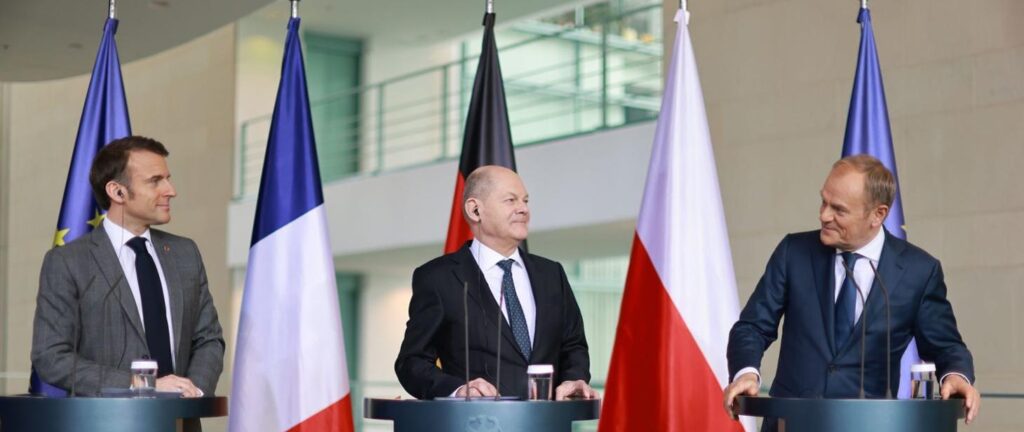
Conclusions
The collective security in Europe does not exist without the joint effort of all EU members and US troops on the ground. The military potential of major European states is simply not there to independently sustain potential aggression coming from the East. Despite recent efforts to re-energise the European military industrial bases it remains to be seen if the initiatives are well-financed enough and too much time has not been wasted since 2022.
As it stands Europe is in the position of a sleeping giant, whether the giant has the collective will to ‘wake up’ is open to debate. It would mean the consumption of many resources that are currently being used to provide high standards of living and maintain social spending. On many levels, the European economy has stalled with few ideas on how to improve productivity and output levels. Until recently there has been limited institutional incentive from European governments to shift to an industrial war footing or invest in military forces, there are now signs of a shift but it remains to be seen if it is too late to have the necessary impact.
What could be a main driver for the increase in European collective security may not come from within the continent directly. All the eyes are focused on the ongoing peace talks between the US and Russia. If both sides come to a joint agreement that would put Ukraine in a dire position, a strong motivation for joint resolve could finally rise.
The views expressed in this article do not necessarily reflect the views of Overt Defense.

